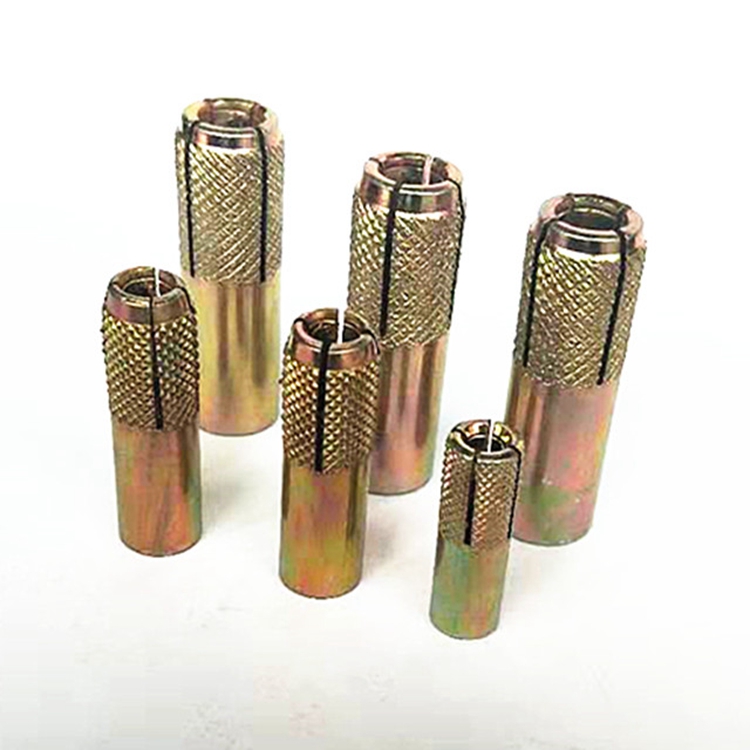Factories Manufacturing High-Quality 316 Stainless Steel Washers for Various Industrial Applications
Jul . 29, 2024 07:24 Back to list
Factories Manufacturing High-Quality 316 Stainless Steel Washers for Various Industrial Applications
The Significance of 316 Stainless Steel Washers in Manufacturing
In the realm of industrial manufacturing, the choice of materials is crucial for ensuring longevity, performance, and reliability. Among these materials, 316 stainless steel stands out, particularly in the production of washers. This article explores the importance of 316 stainless steel washers, their manufacturing processes, and their applications across various industries.
What is 316 Stainless Steel?
316 stainless steel is a chromium-nickel alloy known for its excellent corrosion resistance, making it particularly advantageous in harsh environments. The addition of molybdenum enhances its resistance to pitting and crevice corrosion in chloride-rich environments, which is why it is favored in marine applications and chemical processing. This unique composition lends itself to various applications, especially where hygiene and durability are paramount.
Manufacturing Process of 316 Stainless Steel Washers
The production of 316 stainless steel washers involves several key steps, ensuring that each washer meets the stringent quality standards required across industries
1. Material Selection Manufacturers begin by sourcing high-quality 316 stainless steel. The raw materials undergo rigorous testing to confirm their chemical composition and mechanical properties.
2. Blanking The manufacturing process typically begins with blanking, where round discs of stainless steel are cut from larger sheets. This step is crucial as it defines the initial shape of the washer.
3. Forming The blanked discs are then formed into washers using a series of presses. This process can involve bending and shaping to achieve the desired dimensions and specifications.
4. Finishing After forming, washers undergo finishing processes, including surface treatment and polishing. This enhances the corrosion-resistant properties and visual appeal of the final product.
316 stainless steel washers factories

5. Quality Control Before the washers are packaged and shipped, they are subjected to quality control measures. This includes dimensional checks, visual inspections, and performance tests to ensure they meet customer specifications and industry standards.
Applications of 316 Stainless Steel Washers
316 stainless steel washers are utilized across a myriad of industries due to their superior properties. Here are a few examples
1. Marine Industry Due to their exceptional resistance to saltwater corrosion, 316 stainless steel washers are commonly used in boat fittings, marine hardware, and various underwater applications.
2. Chemical Processing In industries dealing with harsh chemicals, these washers ensure that joints and connections remain sealed, preventing leaks and exposure.
3. Food and Beverage The sanitary properties of 316 stainless steel make it ideal for equipment in the food and beverage sector. They prevent contamination and ensure compliance with health regulations.
4. Pharmaceuticals The ability of 316 stainless steel to withstand sterilization processes without degrading is critical in pharmaceutical manufacturing, where precision and cleanliness are vital.
5. Construction In construction applications, these washers provide the necessary support and stability in structural assemblies, particularly in environments that may be exposed to moisture or corrosive elements.
Conclusion
316 stainless steel washers play an indispensable role in modern manufacturing. Their excellent corrosion resistance, durability, and versatility ensure that they are a preferred choice across various industries. As manufacturers continue to prioritize high-quality materials, the demand for 316 stainless steel washers is likely to grow, further underscoring their importance in engineering and industrial applications. By understanding the manufacturing processes and applications of these washers, companies can better appreciate their significance and make informed decisions when choosing components for their projects.
Latest news
-
Premium Phosphated Drywall Screws Supplier | Durable, Rust-Resistant
NewsAug.27,2025
-
Reliable Wire Bolts Suppliers | Quality Zinc Plated Fasteners
NewsAug.26,2025
-
Wire Bolts Suppliers: Durable & Reliable Fasteners for Every Project
NewsAug.25,2025
-
Premium Cabinet Bolts Supplier | Wholesale & Custom Solutions
NewsAug.24,2025
-
Reliable Axle Nuts Supplier | Quality & Precision Fasteners
NewsAug.23,2025
-
Durable Bolts for Lawn Mower Handle - Top Supplier & Manufacturer
NewsAug.22,2025
